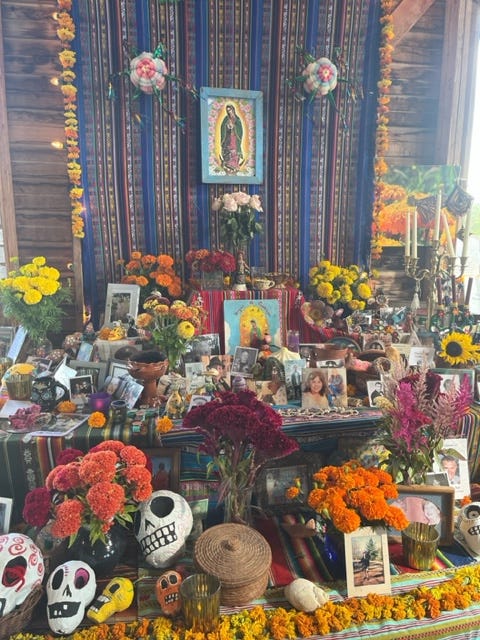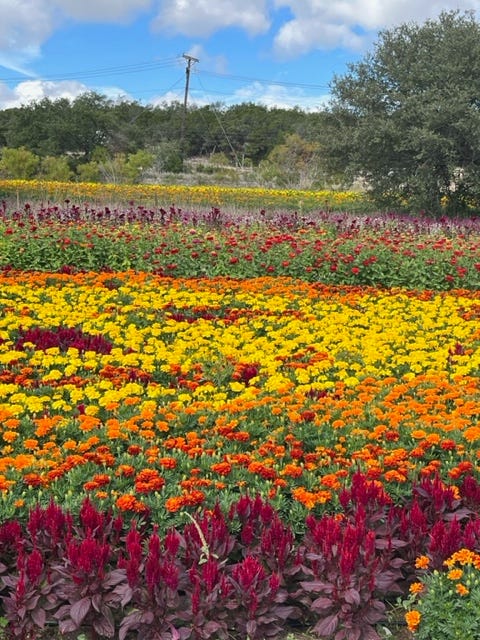Living in the Past or Honoring the Past?
Our ancestors left a legacy
Customs abound to honor those who came before us. We speak different languages, have different skin tones, and wear different ‘costumes’ in our daily lives, but death is the most common occurrence among all of us.
Many customs honor the harvest often with celebrations to remember the dead.
All Saints’ & All Souls’ Day is celebrated in some Christian traditions.
Festival of the Cows in Nepal commemorate the death of those who departed the previous year.
El Dia de los Muertos, the Day of the Dead, originated from the Aztec harvest celebration to the goddess Mictecacihuatl, the Lady of the Dead. In today’s culture the life of those who have died is a celebrative occasion.
Turning of the Bones may be the most unusual where bones are exhumed every seven years to be cleaned.
The Hungry Ghost Festival is a month-long celebration in the 7th lunar month of the Chinese calendar, and on Ancestors’ Day or Tomb-Sweeping Day in early April.
Cambodia has a Pehum Ben Festival in the Buddhist tradition.
There is an underlying assumption that we can move beyond the past, the good and bad of it, forgive and honor the elemental beauty that we exist as a continuous story of living and dying. The world we as humans has altered cannot endure and we cannot yet see what is rebirthing.
The metaphor of the Weaver comes to mind. If we focus on the distaff we see only the unravelling. But when we look at the hands of the Spinner, we see threads plaited into cloth. Unravelling commands the attention of those who have no faith.
Nature uses what has become finished, what has exhausted its lifeforce and uses it to feed other life. During the seasons of harvest, may we come together out of new threads and see something new is being woven. Our collective honoring becomes what we co-create together for the coming generations.



